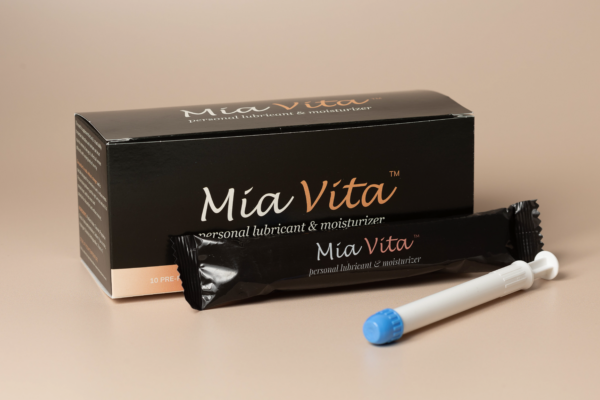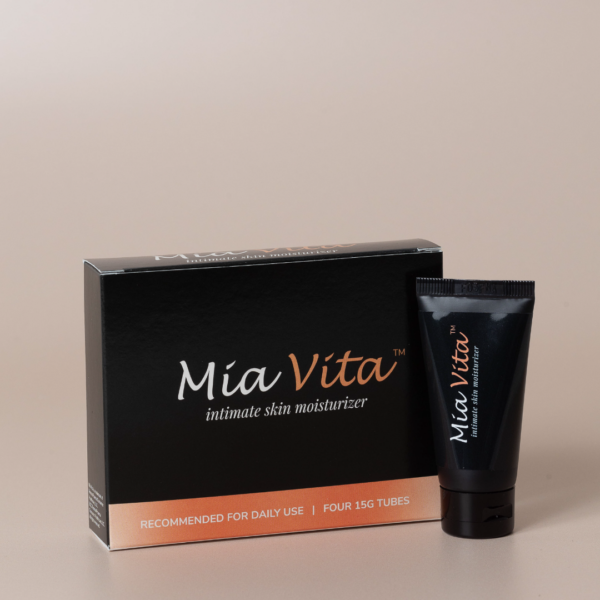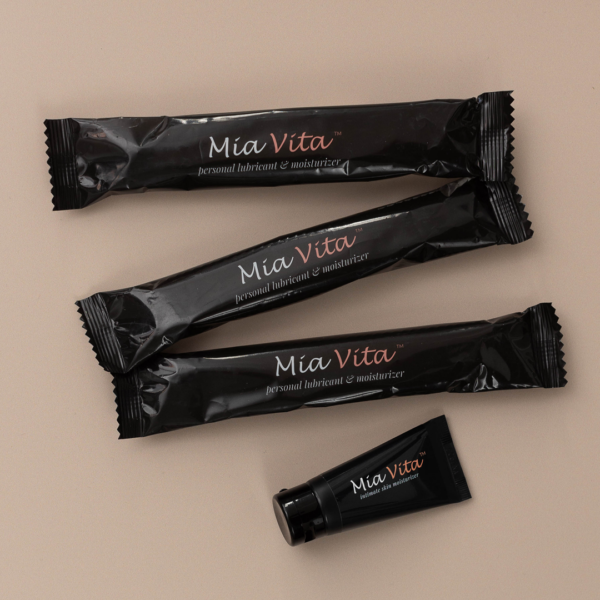
Our vaginal pH varies throughout the various stages of life. The delicate balance of vaginal pH can be disturbed in circumstances that either suppress the healthy bacteria, such as taking antibiotics, smoking, or high stress levels, or introduce pathogenic foreign bacteria, such as through sexual activity or certain hygiene practices.
What is a normal vaginal pH?
Before puberty and after menopause estrogen levels are lower. Since estrogen supports acid-producing Lactobacillus bacteria, during these years, vaginal pH ranges from slightly acidic to slightly alkaline, or around 6 to 7.5 on the pH scale. During a woman’s reproductive years, high estrogen levels promote a much more acidic environment, ranging 3.8 to 4.2.
Certain hygiene and lifestyle practices can help keep vaginal pH in a healthy, balanced range. Following is a list of do’s and don’ts.
How do probiotics help your vaginal pH?
Dealing with the ups and downs of your monthly hormonal cycle, having a stressful week at work, enduring a bout with the flu, or taking a course of antibiotics for an infection; these are just a few of the “normal” life occurrences that can upset your vaginal pH.
Why wait for a yeast or bacterial infection to set in before supplementing with probiotics? Keep the good stuff flowing by consuming probiotics regularly. This can be in the form of fermented foods like yogurt, kefir, sauerkraut, kombucha, and others (just make sure the manufacturer guarantees live active cultures).
Or, if you want a higher-powered approach, probiotic supplements can provide standardized amounts and include particular bacterial species. Recent microbiome research has turned up several in addition to Lactobacillus acidophilus, that may be particularly helpful for supporting vaginal pH balance, such as one called Lactobacillus rhamnosus. Additionally, a probiotic yeast called Saccharomyces boulardii can suppress Candida overgrowth.
Hygiene basics helps promote a healthy vagina
The vagina is self-cleaning and it’s best to avoid interfering with that process. That means abstaining from douching, which has been shown to impair the diversity of the vaginal microbiome and promote rather than prevent vaginal infections. It’s also best to avoid scented feminine hygiene products, which can be a source of irritation that may interfere with vaginal pH.
Regular bathing with warm water is all you need to keep your vulva clean. Choose breathable materials for underwear and clothing, particularly in hot weather. If you develop moisture buildup, changing your underwear during the day, such as after a lunchtime powerwalk, can be a refreshing way to stay clean and comfortable, especially if you don’t have time to shower.
Quit smoking for your vaginal health
You probably don’t need to hear another reason to avoid or quit smoking, but unsurprisingly, vaginal health is also on that list. Smoking alters the vaginal environment and is an established risk factor for recurrent bacterial vaginal infections. Nicotine in tobacco blocks estrogen production and smoking also increases levels of amines, the production of which increases vaginal pH and makes you more vulnerable to bacterial vaginosis. Tobacco is also thought to affect the way the bacterial flora of the vagina function, making certain bacteria more virulent and, therefore, more likely to cause infection.
Garlic is good for your vaginal pH
With its robust anti-inflammatory and immune-enhancing benefits, consuming garlic, whether in food or supplement form, can help fend off many common infections, making it possible to avoid antibiotics and their detrimental effects on the vaginal microbiome, and thereby enabling you to maintain a healthy vaginal pH. Some research has shown that garlic can directly inhibit bacterial and fungal vaginal infections. Garlic tablets have been found to have similar effectiveness to antibiotics in managing bacterial vaginosis infections. And in one study, fresh garlic extract inhibited the yeast Candida from producing a toxin that damages the cells of the vaginal lining.
Stress management can lead to a healthy vaginal microbiome
Cortisol suppresses estrogen activity, which impairs the ability of the vagina to support the growth of healthy bacteria, leading to altered vaginal pH. This makes stress management an important component of maintaining a healthy vaginal pH balance. Start by identifying those areas in your life where your stress levels are highest and list some practical steps to eliminate or reduce those stressors. Simply taking these first steps can act as a stress-reducer by changing your mindset around these situations.
Practical ways to manage the negative effects of stress include regular exercise, which lowers cortisol levels and increases endorphins, and meditation and deep breathing exercises, which can give your mind and body a temporary vacay from stress, with benefits that spill over throughout the day.
At-home vaginal pH testing can help you monitor your progress as you make supportive lifestyle changes. Consult your doctor if you experience persistent or worsening symptoms.
FemmePharma has been helping women navigate menopause for over two decades. No matter where you are in your journey, you deserve to have knowledgeable, intimate healthcare partners to help you feel your best. Explore our other articles, podcast episodes with women’s health experts, and products to ease your transition into menopause.


